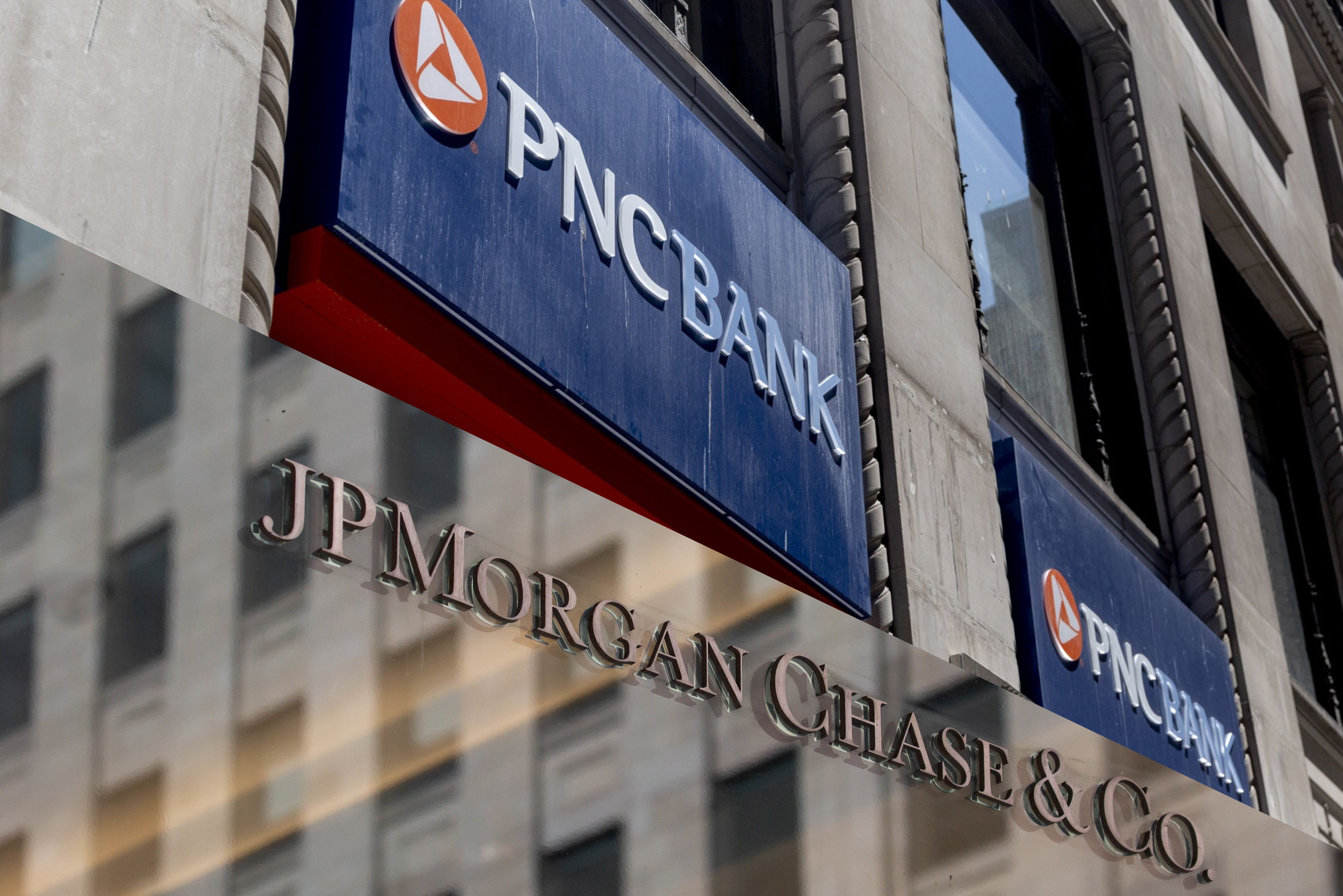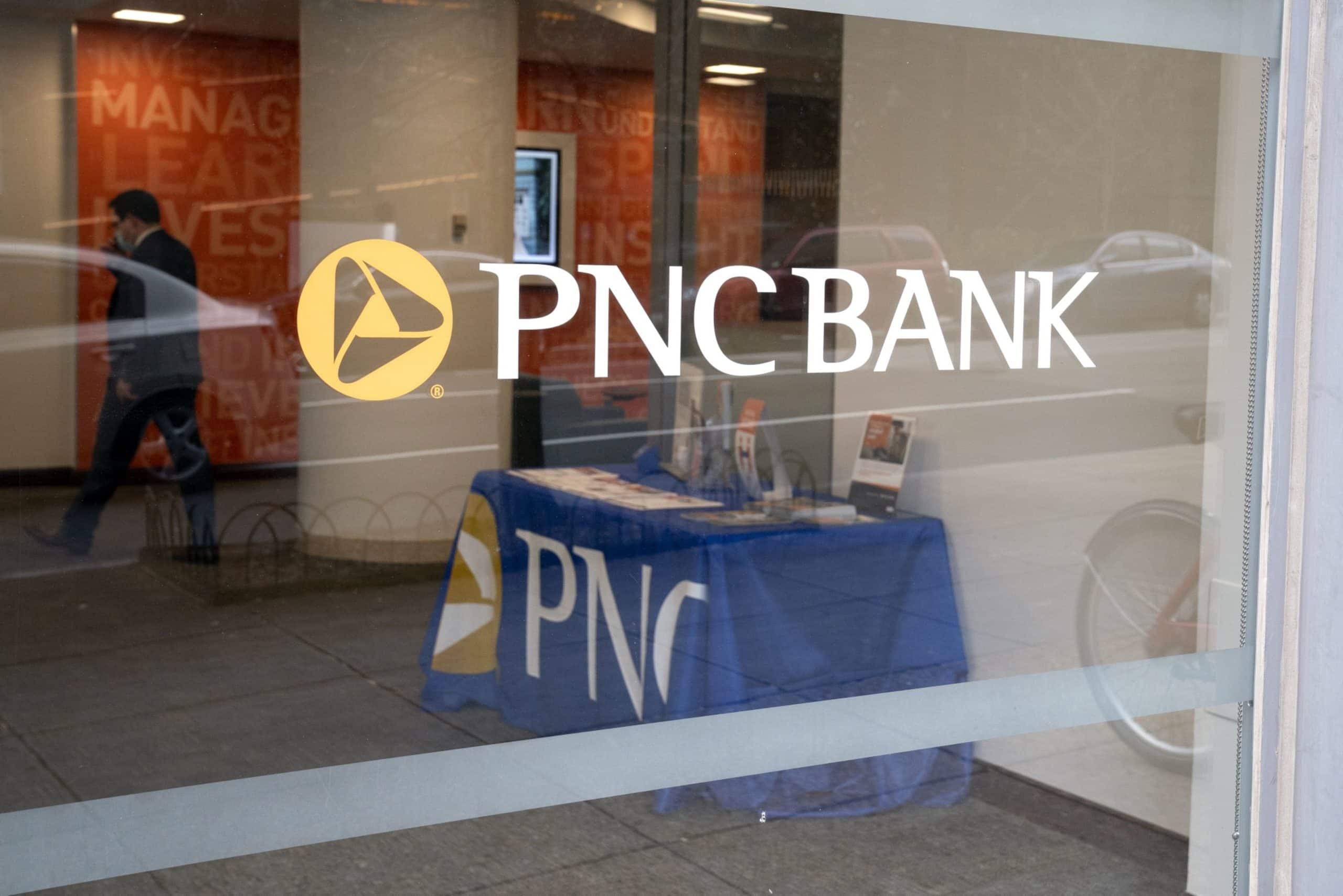
Crypto banking in the United States is moving out of the experimental phase and into mainstream adoption. In 2025, two major regional banks – KeyBank and PNC Bank – have made significant moves to integrate cryptocurrency services directly into their existing platforms. This shift is not just a technological upgrade; it’s a strategic response to changing client expectations and a rapidly evolving digital asset landscape.

KeyBank Crypto Integration: Serving 3.5 Million Clients
KeyBank’s crypto integration marks a watershed moment for both its customers and the broader US banking sector. According to recent announcements, KeyBank will allow its 3.5 million customers to buy, store, and trade Bitcoin (BTC) and other cryptocurrencies directly through its banking platform. The bank has opted for a compliance-first approach by partnering with licensed third-party firms for custody and transaction operations, ensuring all activity aligns with federal regulations.
This move positions KeyBank as one of the few traditional financial institutions offering direct crypto access within a familiar, regulated environment. It’s not just about convenience; it’s about trust. For many retail clients hesitant to use standalone crypto exchanges, having these services offered by their primary bank removes key barriers to entry.
PNC Bank’s Strategic Partnership with Coinbase
PNC Bank cryptocurrency services are taking shape through a high-profile partnership with Coinbase, one of the world’s most established crypto exchanges. Announced in July 2025, this collaboration leverages Coinbase’s institutional-grade Crypto-as-a-Service (CaaS) platform, enabling PNC clients to buy, hold, and sell digital assets directly from their bank accounts. The integration is seamless: users interact with PNC’s banking interface while Coinbase handles the back-end execution and custody.
The deal is mutually beneficial. Not only do PNC customers gain direct access to vetted digital assets without leaving their trusted banking environment, but PNC also provides select traditional banking services to Coinbase itself – signaling a new era of symbiotic relationships between banks and fintechs. For more details on this partnership’s scope and implications, see the official release at PR Newswire.
Key Benefits of Mainstream Banks Offering Crypto
-

Enhanced Security and Compliance: Mainstream banks like KeyBank and PNC Bank partner with regulated custodians and platforms such as Coinbase, ensuring that crypto transactions and storage meet rigorous federal compliance and security standards.
-

Seamless Integration with Existing Bank Accounts: Customers can buy, hold, and sell cryptocurrencies like Bitcoin directly within their familiar online and mobile banking platforms, eliminating the need to manage multiple accounts or transfer funds between different services.
-

Trusted Customer Support: Access to established customer service channels at banks such as KeyBank and PNC provides reassurance and assistance for crypto-related inquiries, unlike many standalone crypto exchanges.
-

Consolidated Financial Management: Users can view both traditional and digital asset holdings in one dashboard, making it easier to manage overall finances and track investments.
-

Increased Accessibility for New Users: By offering crypto services through mainstream banks, digital assets become more accessible to a broader audience, including those who may be hesitant to use standalone crypto platforms.
Mainstream Banks Embracing Crypto: What It Means for Consumers
The moves by KeyBank and PNC are part of a larger pattern: traditional banks are no longer content to sit on the sidelines as digital assets become more integral to personal finance portfolios. Instead of competing against crypto-native platforms, they’re leveraging partnerships or building in-house solutions that combine regulatory rigor with modern technology.
This trend is accelerating due to several factors:
- Client demand: As interest in Bitcoin and other cryptocurrencies grows, banks risk losing relevance if they don’t adapt.
- Regulatory clarity: Improved federal guidelines have reduced compliance uncertainty around offering crypto products.
- Ecosystem maturity: With robust custody solutions now available via partners like Coinbase or specialized third parties, operational risk has declined significantly.
The result? Millions of Americans can now access digital assets through institutions they already trust – often without needing separate logins or unfamiliar apps.
For consumers, this mainstreaming of crypto within traditional banks could be a turning point. By embedding digital asset services into familiar interfaces, KeyBank and PNC are lowering the learning curve and making crypto ownership feel less risky. Clients can access their Bitcoin or Ethereum balances alongside checking and savings accounts, all while benefiting from bank-grade security protocols and customer support.
Security remains a leading concern for both banks and clients. By leveraging third-party custody providers, regulated entities with established track records, KeyBank ensures that clients’ assets are protected under frameworks that meet both federal standards and internal risk controls. Similarly, PNC’s use of Coinbase’s infrastructure means clients aren’t exposed to the operational risks often associated with lesser-known exchanges.
“The ability to buy, hold, and sell digital assets directly through your bank account is a seismic shift for US banking, “ says a senior analyst at Crypto Bank Guide. “It brings legitimacy and convenience to crypto investing, while still prioritizing compliance. “
This approach also streamlines tax reporting, transaction monitoring, and fraud prevention, areas where traditional banks have long-standing expertise. For many users who may have been wary of managing private keys or navigating decentralized platforms, these integrations offer peace of mind without sacrificing exposure to the upside potential of digital assets.
Bitcoin Maintains Position Above $100,000: Why Price Matters for Bank Adoption
The timing couldn’t be more significant: as Bitcoin maintains its position above $100,000 in 2025, a psychological threshold as well as a technical one, banks are recognizing that client demand is not just hype but sustained interest. The willingness of KeyBank and PNC to build out crypto offerings now reflects confidence that digital assets will remain an essential part of wealth management strategies going forward.
Moreover, by providing direct access to cryptocurrencies at current market prices rather than relying on third-party apps or over-the-counter brokers with hidden fees, these banks give their customers more transparency and control over their investments.
What’s Next for Crypto Banking in the US?
The success of KeyBank’s rollout for 3.5 million customers, and PNC’s Coinbase-powered platform, will be closely watched by other regional banks across the country. Expect further announcements as competitive pressure grows; banks that hesitate may find themselves losing market share to those embracing innovation.
The regulatory landscape will continue evolving as well. As more institutions seek to offer crypto products under federal oversight, we’ll likely see even tighter integration between fiat and digital asset ecosystems, with compliance-first partnerships leading the way.
Ultimately, the moves by KeyBank and PNC signal a new era in American banking: one where secure access to Bitcoin and other cryptocurrencies is not an outlier but an expected feature for millions of everyday account holders. For both retail customers and institutional clients alike, this marks another step toward making digital assets truly mainstream.






